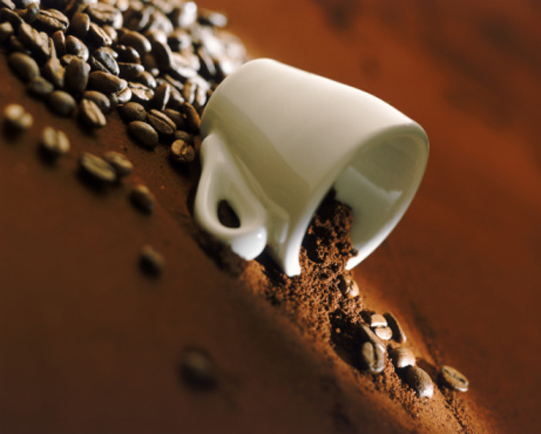
Tomorrow will mark 7 years since I had my first baby. It seems like one of those sacred moments—7 marks so many holy things. “In the Hebrew, seven ([b'v, - Sheh'-bah) is from a root word meaning to be complete or full,” (says Andrew Harris in his writings on the symbolic meaning of numbers). There are 7 days in a week, and on the seventh day, God rested. Most days we’re up at 7 a.m. whether or not baby Ela has slept through the night, we’re up rushing Ian off to school. I want to rest too.
Ian was born on December 22 at 5:18 a.m. (He was due on December 16). He was 8 pounds 14 oz and 21 and a half inches long. I fought to have a natural labor. My doctor wanted to induce me, but I wanted to wait until Ian was ready. We labored for almost 20 hours. I pushed for over an hour. It was the most exhilarating experience I had ever had. To honor the natural rhythms of my body, to know my baby in my womb, to suddenly see the unseen before my eyes—it was like catching a glimpse of God.
I pulled out my journal to remember the day Ian was born. I wrote, “I think I am the happiest I’ve ever been in my life!” I wrote of letting go of old things, of old ways of being a woman. As a teenager, I spent so much energy on being clean, on hiding my creatureliness from my peers. Motherhood is the place where the messiness of life becomes liturgy. “This is my body given for you,” we feed our children, we satisfy our husbands. Our bodies are anointed with spit up, throw up, sneezes, kisses, sperm, germs, poopies, pee pees, old dirty dishwater, coffee grounds, sour milk, tears and hugs. We bear the scars of our beautiful creations in stretch marks and wrinkles, in 10-15 pounds that don’t get worked off running around the house all day long.
I am still letting go of old ways of being a woman, I'm letting go of those perfect images where reality is airbrushed away. I am embracing the elements, the earth, the matter, the mother, the mess, the incarnation: God is here.
Ian—this is my body given for you. I give you my hand to hold. I give you my ears to listen. I give you my eyes shining with a mother’s love.
Ian—I need to give you more time. More grace. More of me.
I love you Noodle. Happy 7th Birthday! May it be a year filled with joy.



.jpg)



